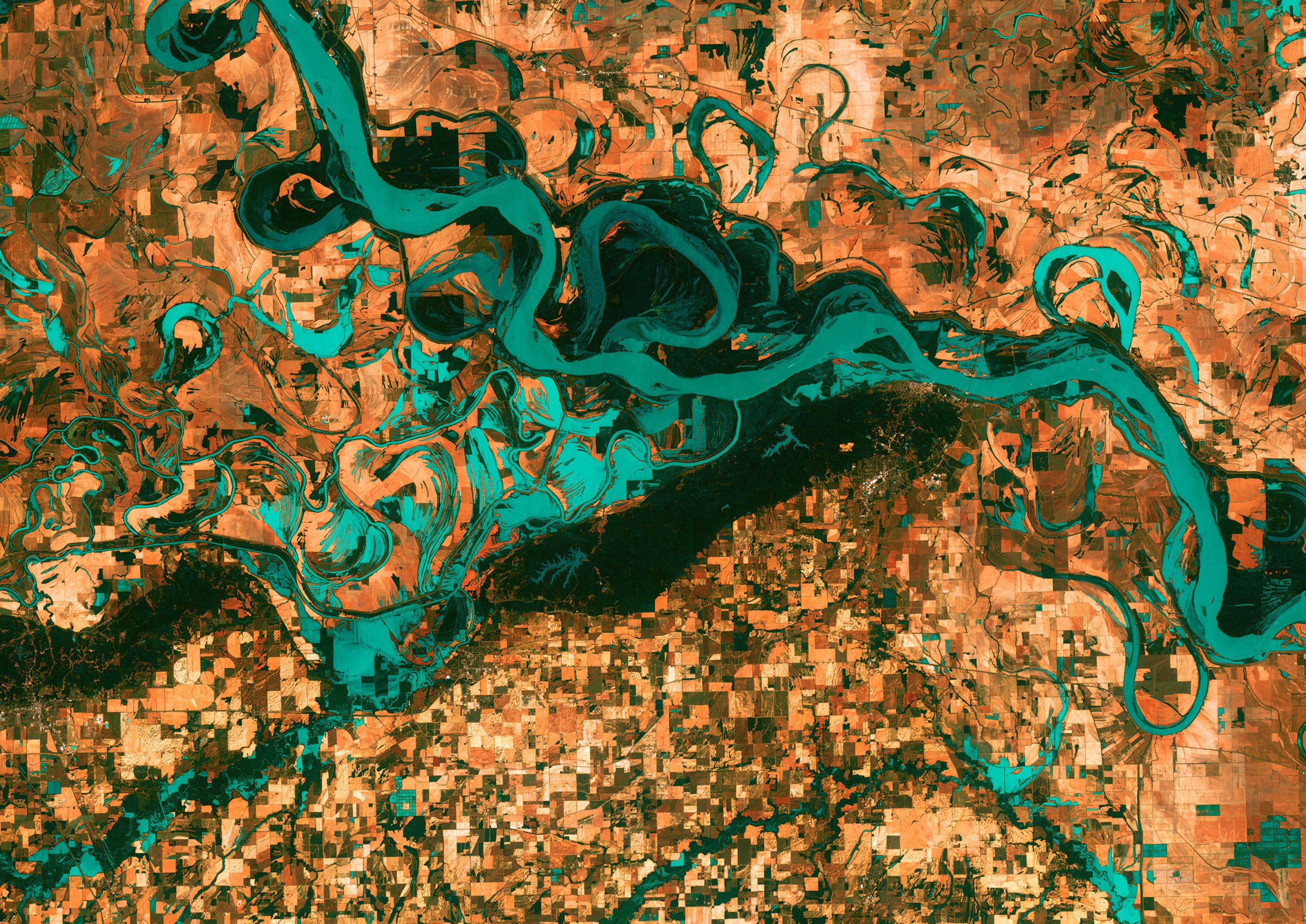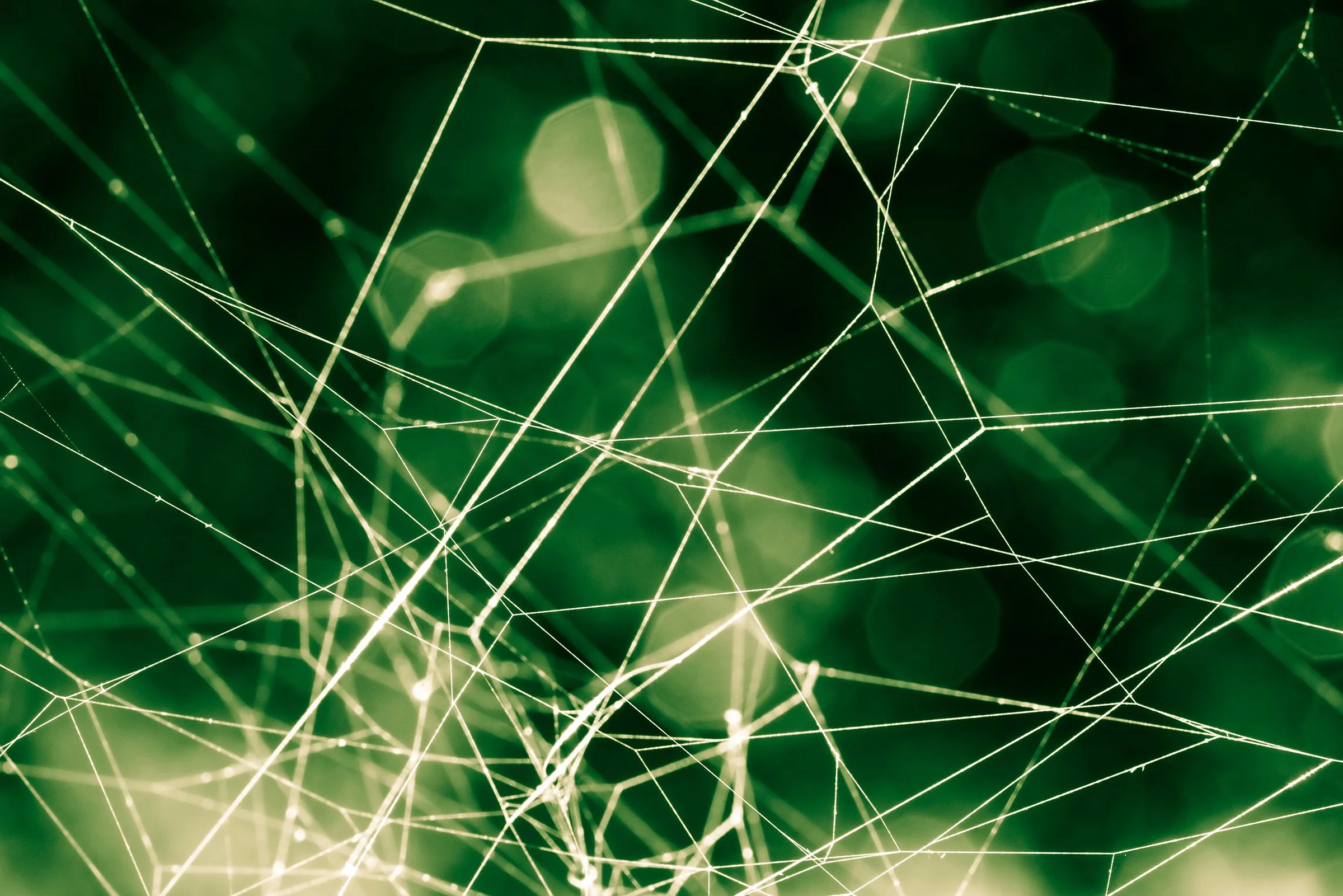
Inquiries
How can we make sense of problems and cohere responses to them?
At Foundation Earth, we try to make sense of and cohere responses to the entangled roots of today’s global crises, which we call foundational problems.
We have identified four foundational problems (see below), which not only reflect the entangled roots of the problems we face but offer possible inquiries to help guide collective action.
We are constantly seeking to build on these inquiries and we welcome feedback and participation; please get in touch to share your thoughts or explore collaborations with us.
A note on care
We recognise that confronting these problems can often feel overwhelming - this is OK. Holding uncertainty and complexity amidst the dire challenges facing the planet and its inhabitants is not easy, and nor should it be.
We hope to approach this work with care and a commitment to be alongside people in their journeys, both at an intellectual and embodied level. We do not hold ‘the answers’ (spoiler: no one does), but together we can hope to ask better questions and co-create responses.
How should we each participate in the decisions that affect our lives?
Question 1
How should our data and sensory systems improve our responses to global crises?
Question 2
Question 3
How should life on Earth be governed by its inhabitants?
How can we be open to new ways of being, relating and imagining?
Question 4

Through our work to date we have identified four foundational problems - these problems reflect the entangled roots of the challenges we face.
The foundational problems also speak to the useful lens of micro, meso and macro layers across systems, offering scope to find coherence among a plurality of responses.
This implies a pluralistic, inclusive, collaborative and transboundary approach to responding to problems, which Foundation Earth seeks to be in service to.
We are constantly seeking to build on this work and welcome feedback; please get in touch to share your thoughts.

Four Foundational Problems
Problem One
We lack the ability to equitably contribute to the decisions that affect each of our lives.
A prerequisite for improving global problem-solving capacity is enabling meaningful and diverse participation in decision-making.
How can we design and establish access to the political, cultural, informational and economic infrastructures such that peoples’ actions align with their values and such that they want and are able to take effective action towards the impacts they care about from the local to the global level?
Problem Two
We lack the intelligence capability to adequately address and evaluate global crises and make decisions which maximise benefit and mitigate negative impacts for the largest possible group of people.
A prerequisite for making decisions on how best to resolve global crises is the capture of, access to and analysis of ecological and socio-economic data on a planetary scale.
How can we create, maintain and evolve a local-global intelligence system which is responsive to global crises, while being transparent and accountable?
Problem Three
We lack the ability to share knowledge of, appropriately value and enforce decision making on a multi-generational scale.
A prerequisite for responding effectively to unfolding global crises are new approaches to decision-making and self-governance, as well as communication and enforcement measures.
What distributed sensory, decision-making, communication and enforcement frameworks can we establish to create and maintain vitality and social cohesion for the planet and its inhabitants?
Problem Four
We lack the capacity to imagine and practice alternative ways of being, relating, sensing and learning outside of our dominant systems and paradigms.
A prerequisite for responding better to global crises is being able to imagine and practice new ways of being and relating - not only to each other and the other-than-human world, but also to uncertainty and complexity - that respond to separability and human exceptionalism.
How can we create the conditions to imagine and practice new ways of being and relating that hold uncertainty and complexity, challenge dominant understandings of separability and human exceptionalism, and ultimately move us towards new systems and paradigms?




